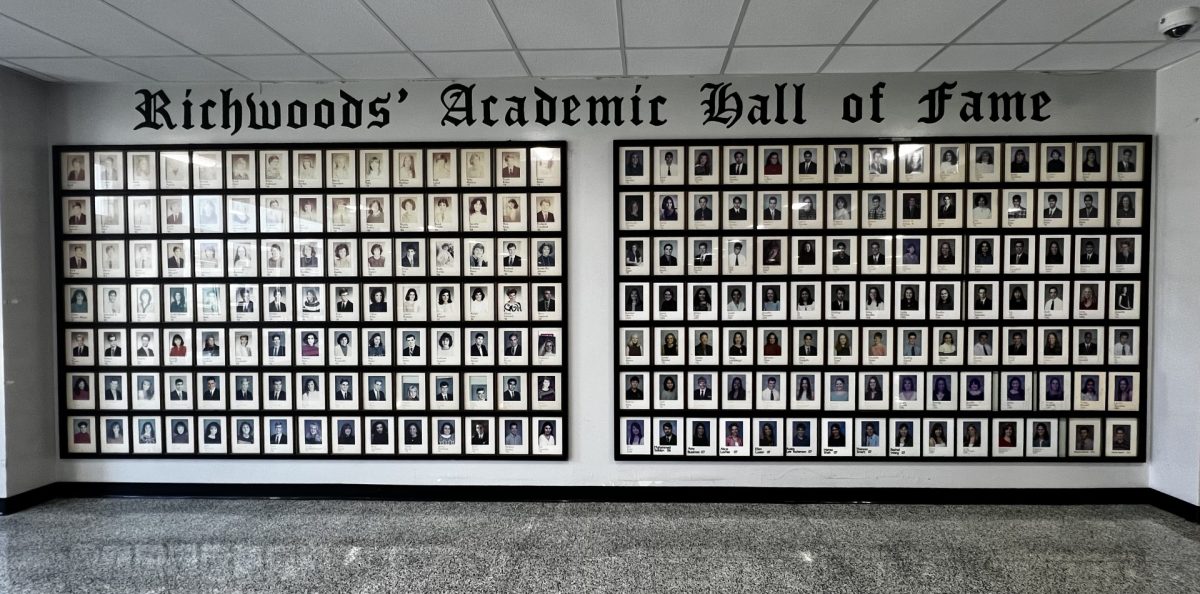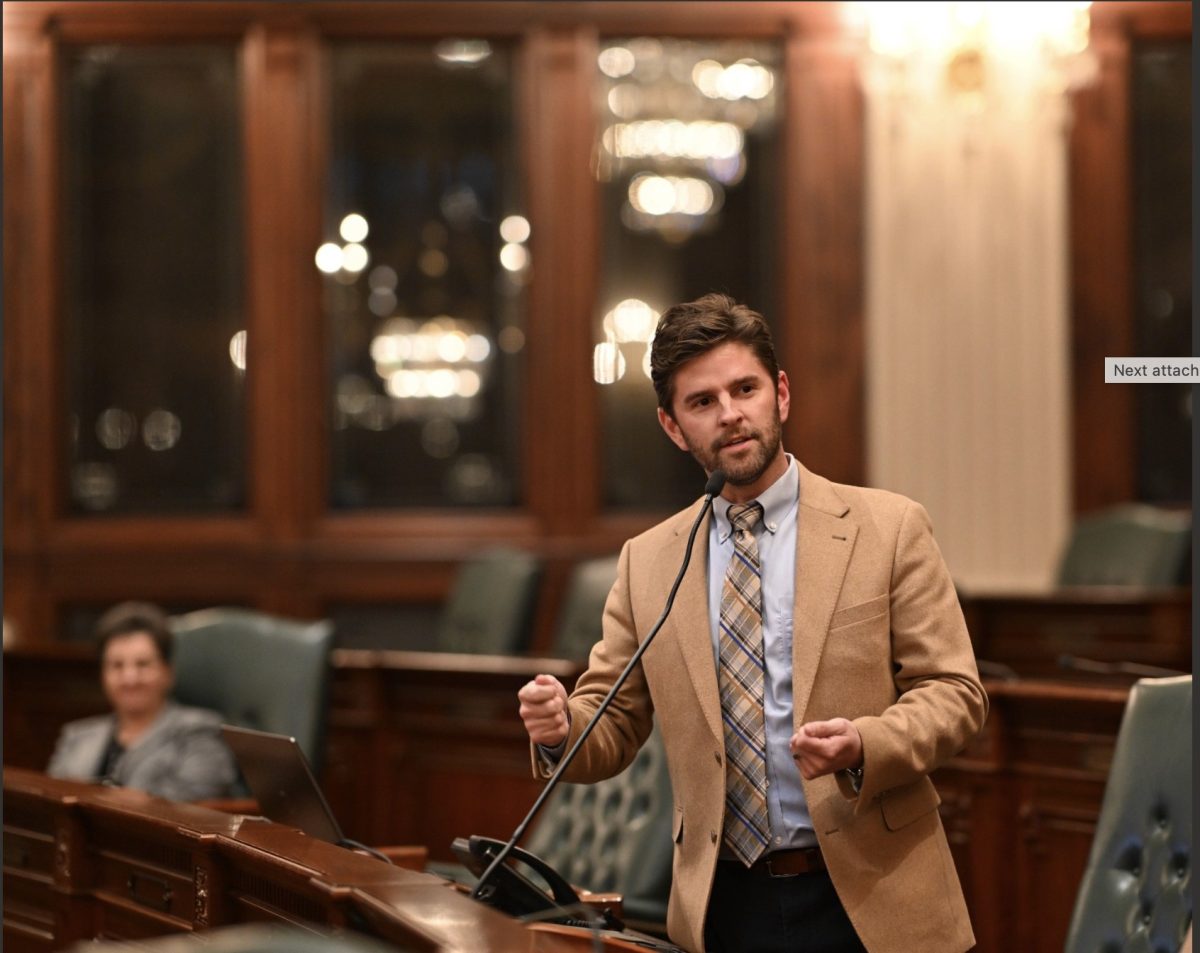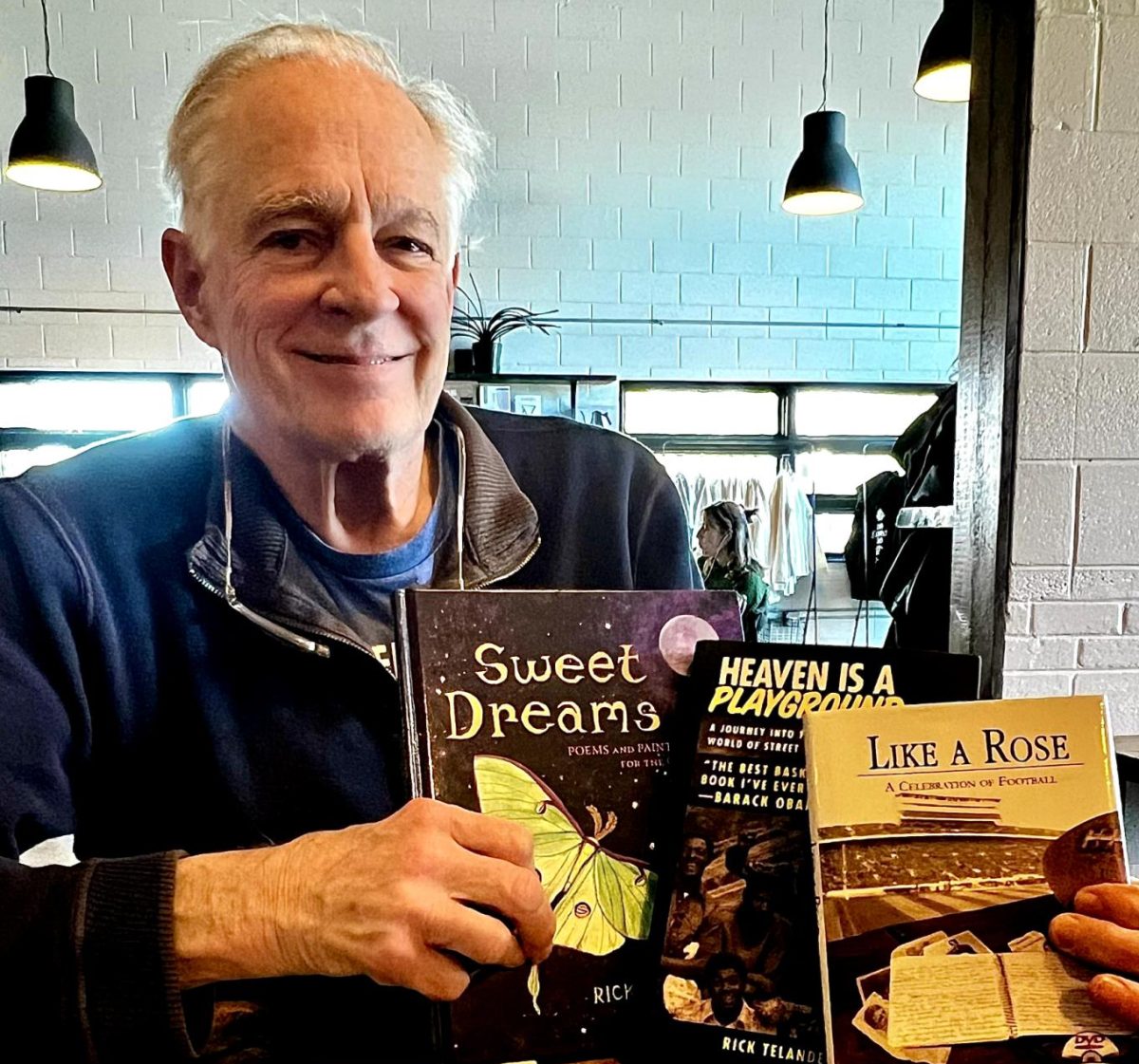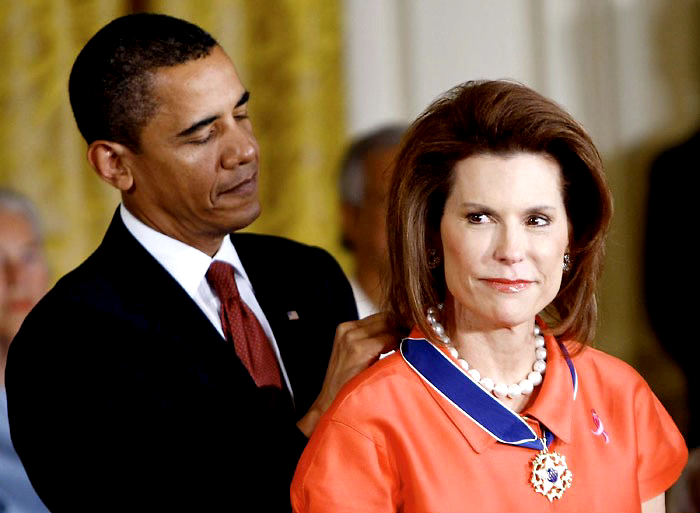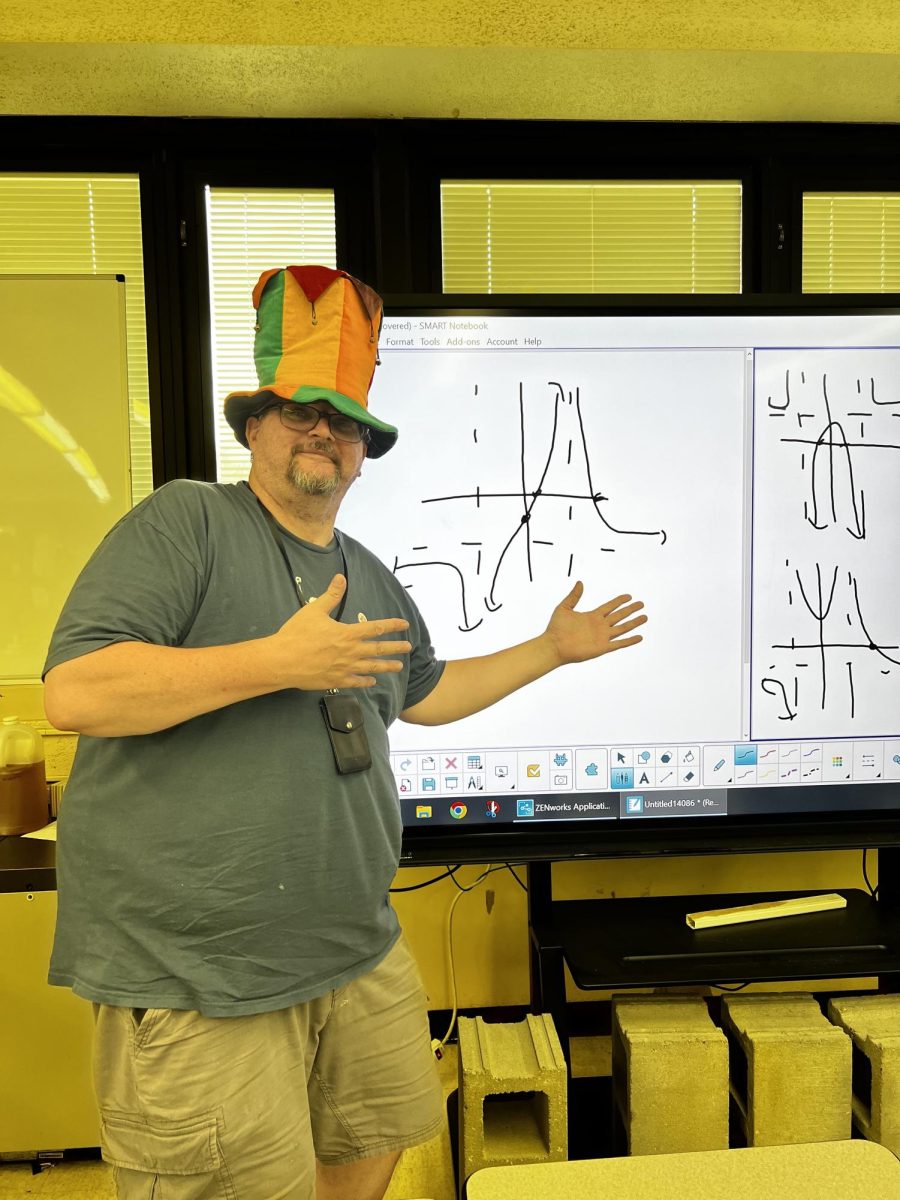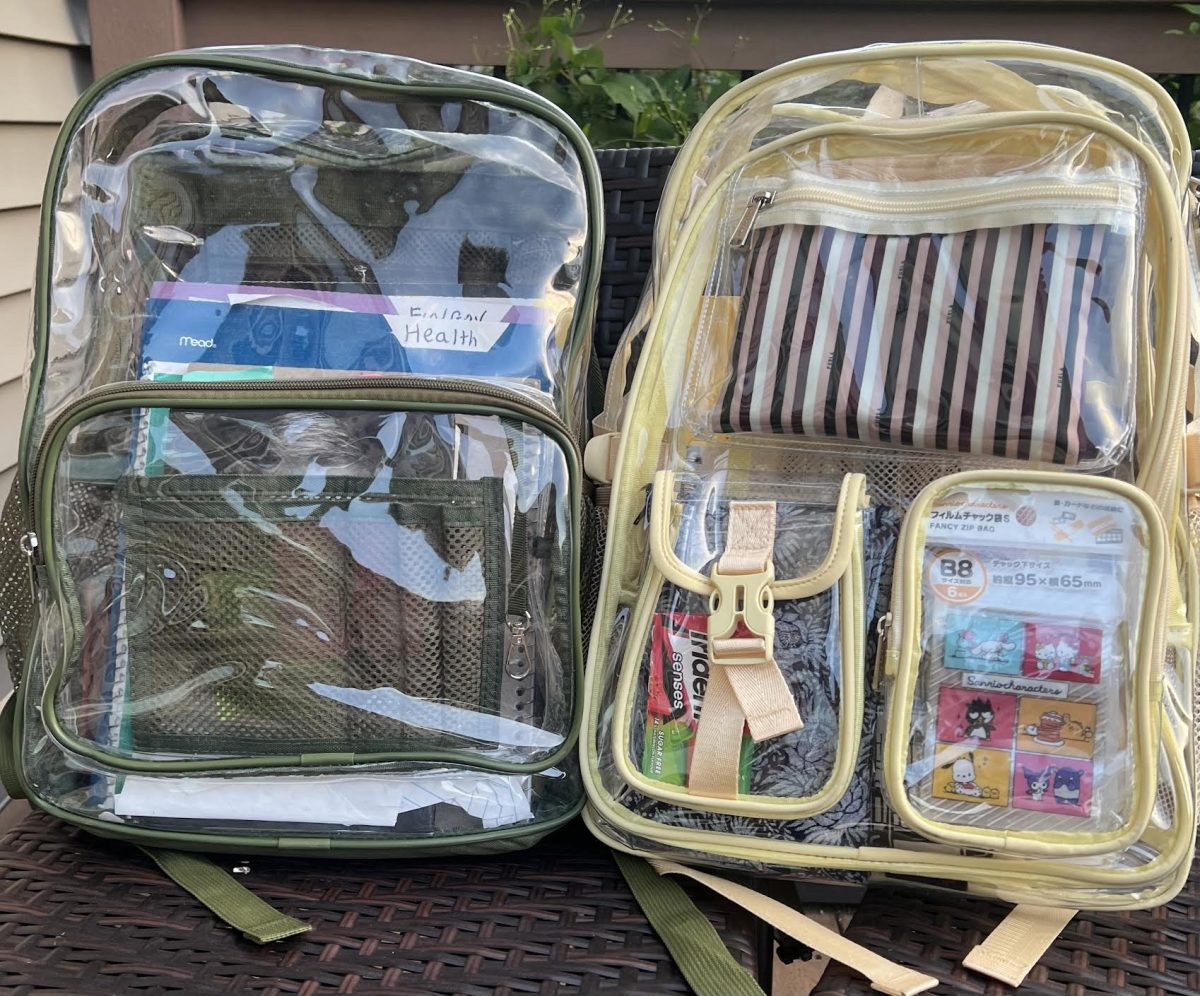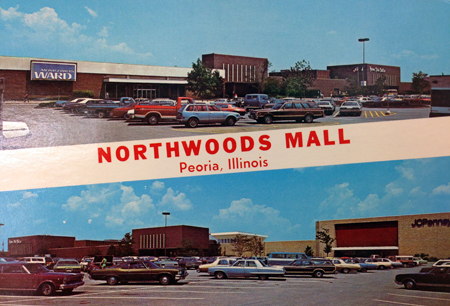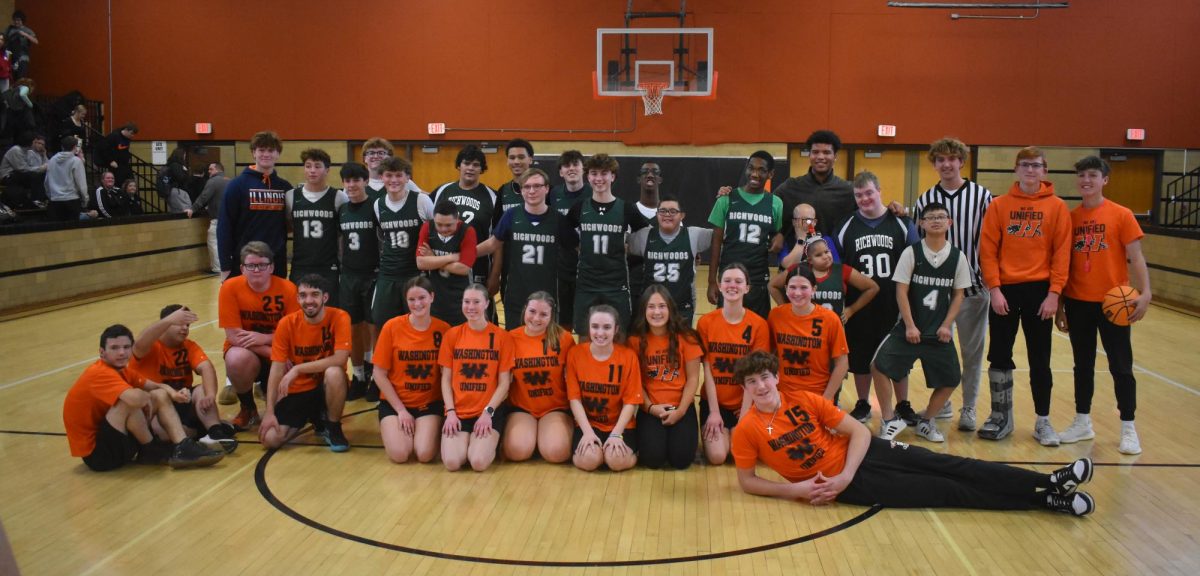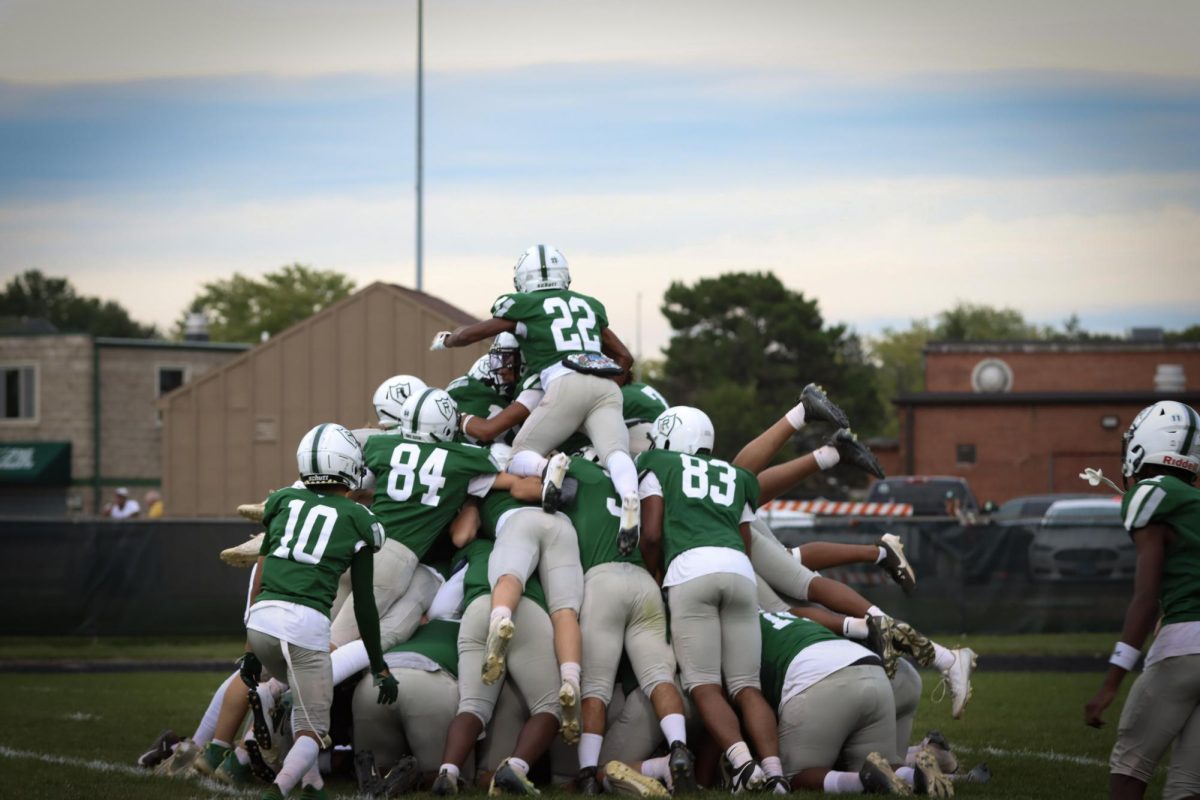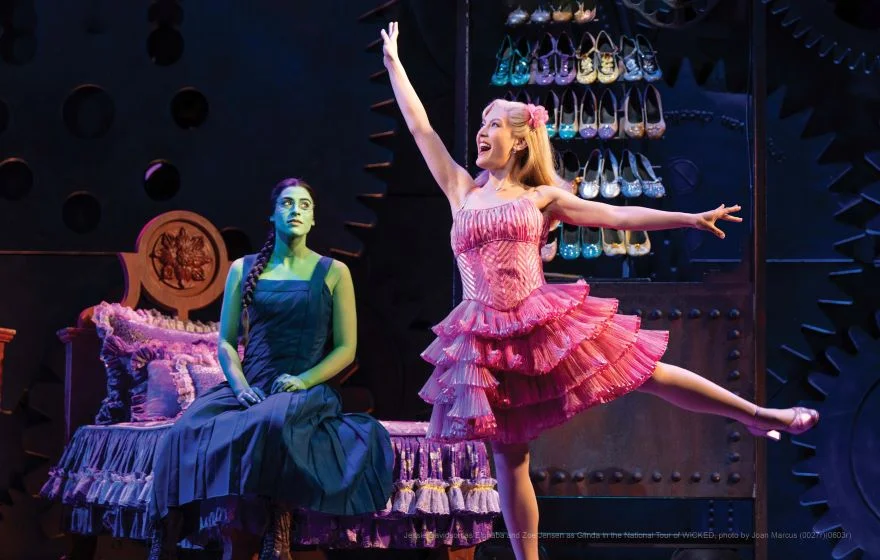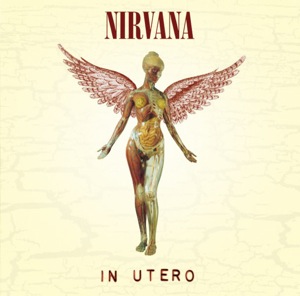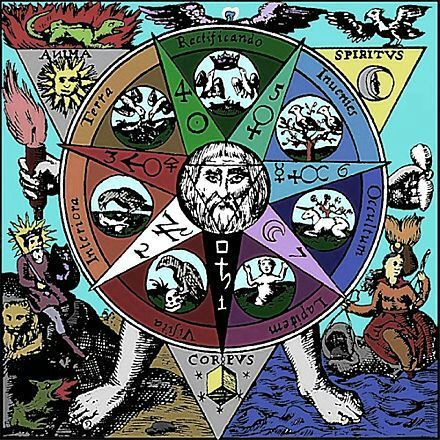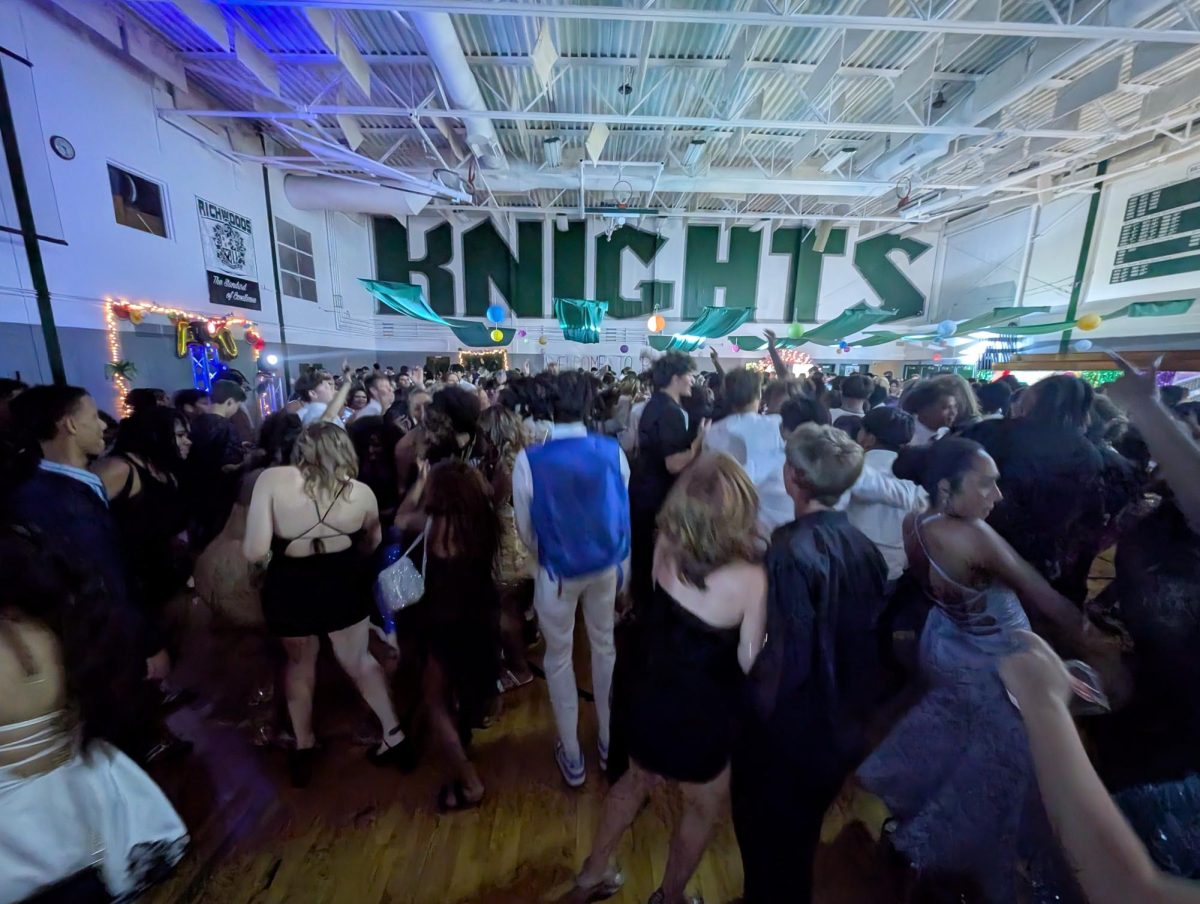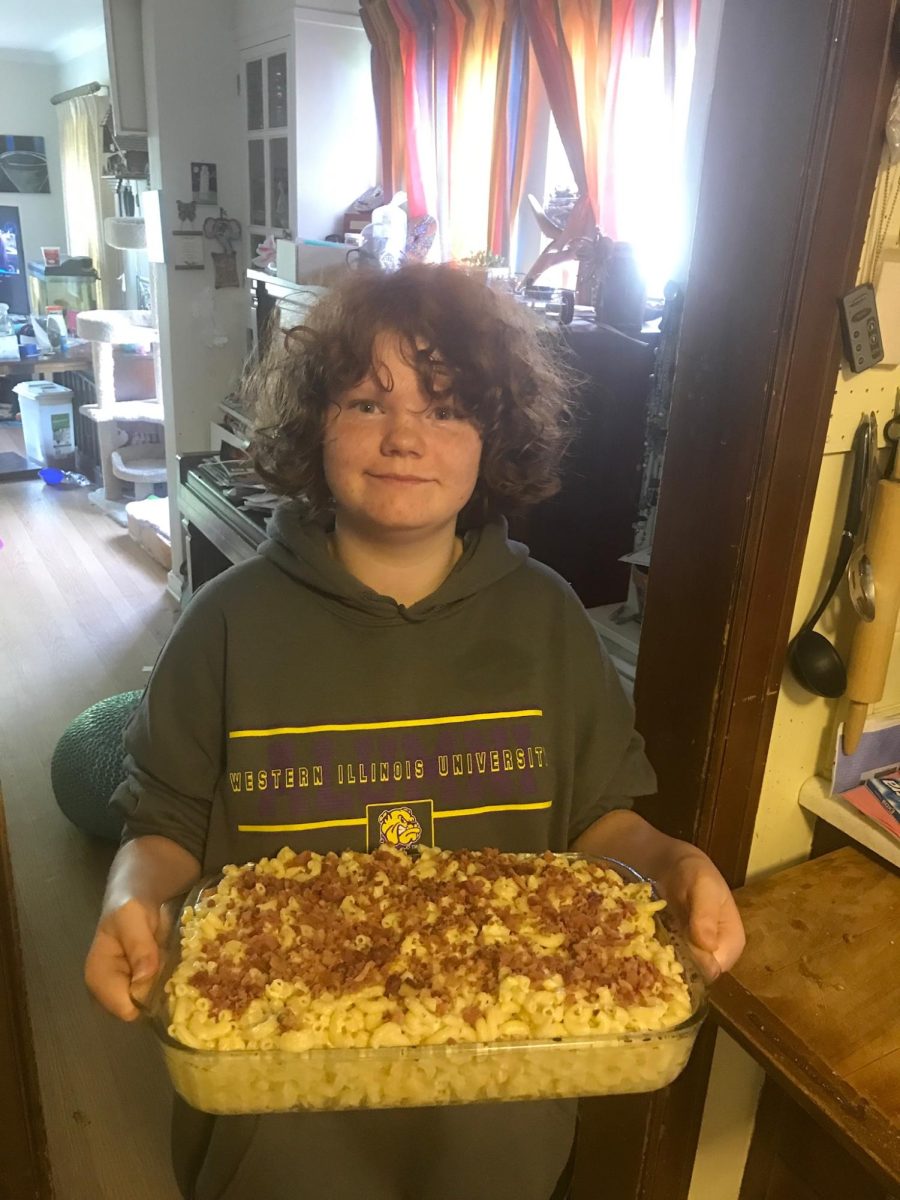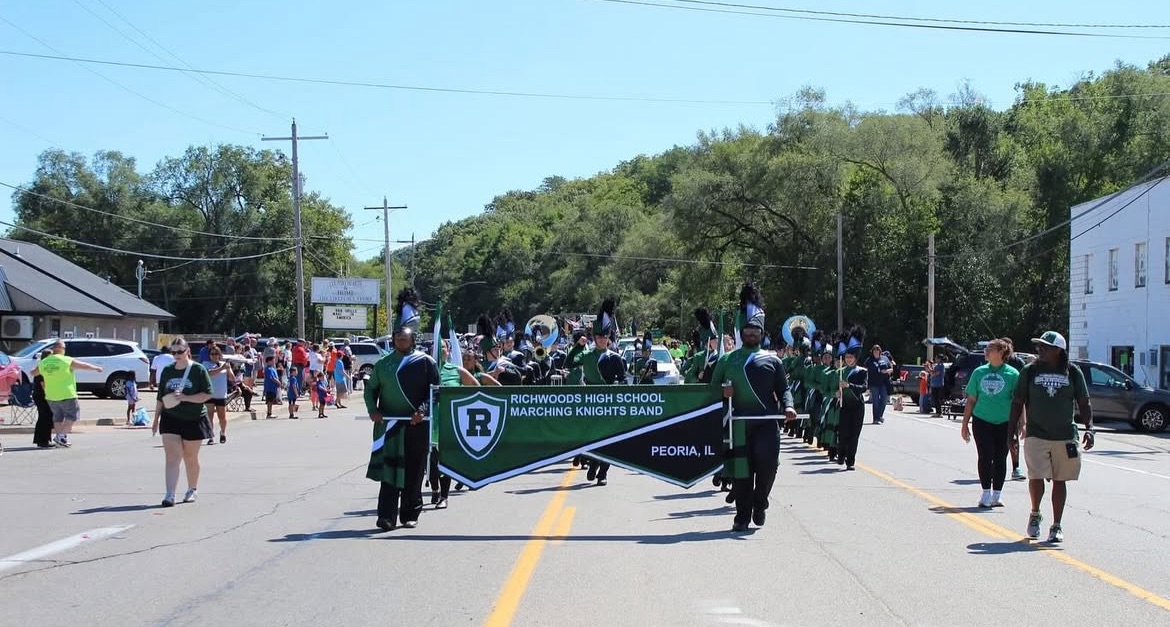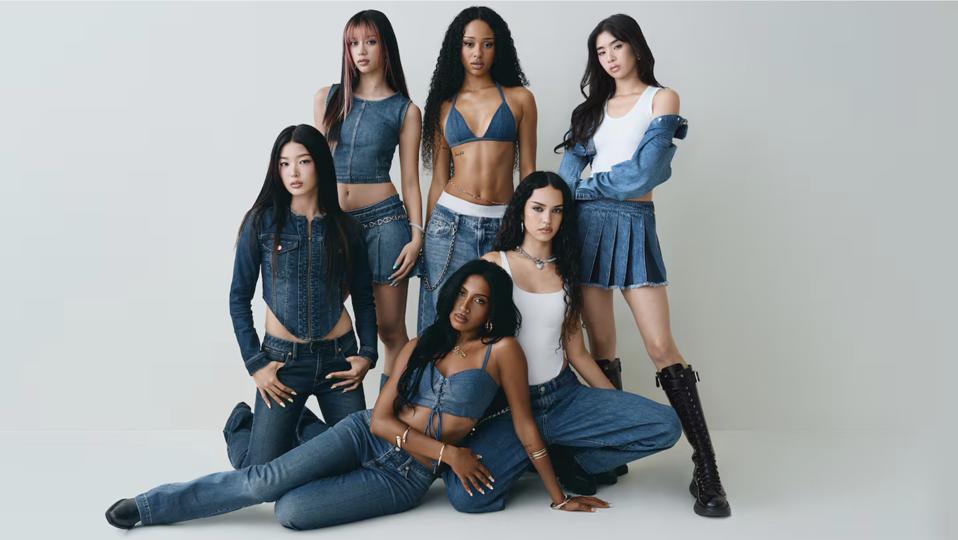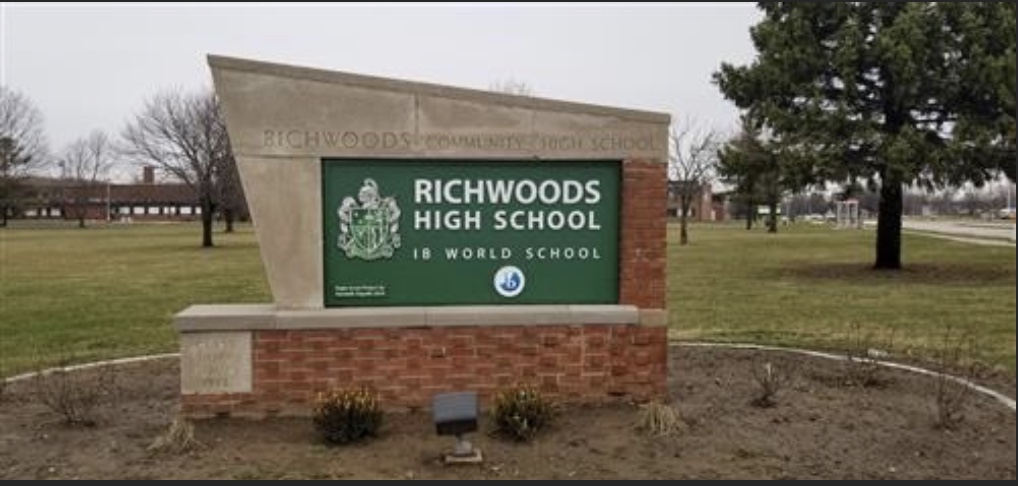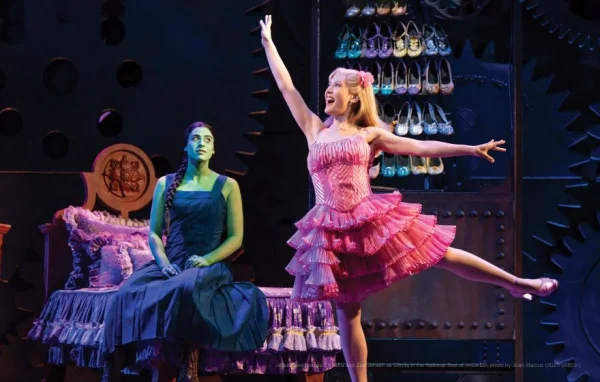Revivals: What are they, and why are there so many on Broadway right now?
2022 saw many revivals of classic Broadway shows, such as the “Great White Way,” and 2023 promises many more. When a show is “revived” it means that its original run has ended, and it is being brought back to the stage. Typically, a show is revived decades after it closes, and occasionally new material can be added; new costumes or set designs are done, in some cases, songs or dialogue are changed. Revivals are an opportunity for a new director and new crew to take a show, the original vision, and add something of their own.
Revivals have been known to bring new life to a truly beloved story, like the revivals of “Music Man” and “Funny Girl”. Others, like the gender bent revival of “Company” or the minimalistic “Into the Woods” take the story and make it something new, they refresh it. But, why? Why are there so many shows being revived on Broadway?
An interesting trend that has arisen in the media within the past decade has been that people are simply running out of ideas. This is a reasonable way to think about it, but that is not exactly what’s happening. This idea began to circulate as Disney began to produce more and more live action remakes of classics or spin off shows from their existing IP. People complained that Disney was running out of original ideas, choosing to remake their works that have already made money in hopes of making more money. They went about this in two ways: either remaking the movie to be almost exactly like the original with a few changes for real-life actors (like with most of the live action princess movies), or they take the same concept and spin it into something new (like the Alice and Wonderland movies, where they went closer to the source material for inspiration).
What does this have to do with Broadway revivals? It’s the same concept at play at Disney headquarters as it is with the landlords on Broadway. Some of these shows being revived are genuinely some of the “most classic” Broadway shows. You couldn’t get more classic than “Music Man,” “Into the Woods,” “Funny Girl,” “Camelot,” or “Macbeth”. These are golden age musicals or a Shakespearean classics, and very similar concepts are being revived within Disney’s organization.
These well-known musicals are being brought back to Broadway because… simply put, they’re well-known. People know these shows and are more likely to spend the money to trek to New York from all over the world to see them. These decisions to put on more popular shows are not without merit. There is a phenomenon in social psychology called “familiarity bias,” which is the tendency of humans to have a liking or preference for something simply because they are more familiar with it. It’s the idea that humans don’t like change, and they don’t like new and unfamiliar things.
It’s a phenomenon that can be seen around Peoria too. Some extremely popular shows to have hit the stage in our area include “Gypsy,” “Little Shop of Horrors,” and “In the Heights” at Peoria Players. “Mary Poppins,” “Freaky Friday,” and “Death of a Salesman” at classics at Cornstock. Addtionly, the regional premiere of “The Prom” at Eastlight is very popular. All of these well-known shows performed much better money-wise than their less popular peers this season. That’s why Cornstock Theatre has the Lab Theatre Center, in which they use their winter season to put on less popular shows (usually plays) as an opportunity to introduce new or more unconventional shows to the public. Peoria Players is also working towards showing newer and not quite as popular shows too; their 23-24 season promises a lot of great shows.
Back on Broadway, on top of using better known “classics” to tap into this familiarity bias and draw as much money as possible, there has been a rise of celebrities (not just from the theatre world) returning to Broadway for these revivals. The Hugh Jackman led “Music Man” was not only popular because of the show choice… aided by Sutton Foster. “Funny Girl” has Phantom of the Opera alumna Ramin Karimloo, and Glee alumna Lea Michelle. “Into the Woods” was just packed with familiar faces. “Parade” has Ben Platt, who has extended his fame far from just Broadway. “Merrily We Roll Along” is opening in late 2023 with Daniel Radcliffe and Jonathan Groff. “Sweeny Todd” opens with Josh Groban and Annaleigh Ashford. Daniel Craig acts in “Macbeth”; Carolee Carmello stars in “1776,” and the list just goes on. People aren’t only willing to pay for the classic show, but pay even more for the chance to see a celebrity – again someone they are familiar with, calling back familiarity bias – perform.
The sad truth is that there are fewer and fewer new plays and musicals getting the chance to perform and stay on Broadway for very long. “A Strange Loop,” which won the Tony Award for best musical, best book of a musical, and was nominated for nine others in 2022, only ran on Broadway for less than a year. The show had glowing reviews and brought in decent money from the box office. Key word: decent. “A Strange Loop” is opening on the West End for a limited run. Another musical, “Paradise Square” received similar treatment. This show was nominated for ten Tony awards, Joaquina Kalukango wining Best Actress, along with many other nominations and accolades. The show opened in April 2022, and closed in July 2022. The show did phenomenally for a few weeks at a time, especially after Kalukango’s Tony win. However, as soon as ticket sales began to dip, the Broadway landlords wanted it gone. The Shubert Organization, which has a habit for kicking shows as soon as they start to fail, then had “The Piano Lesson” in the Ethel Barrymore theater. However, that play is set to be replaced by “Peter Pan Goes Wrong” later this year.
Revivals are not bad. It’s wonderful to take something old and show it to a new generation or show it to the same generation in a new way. However, there should always be room for new and unheard-of shows. Theatre as an art is changing, so the shows that are being written are changing along with it. It would be a disservice to the artists, putting their work into new shows, to cut them short or leave them unperformed.


